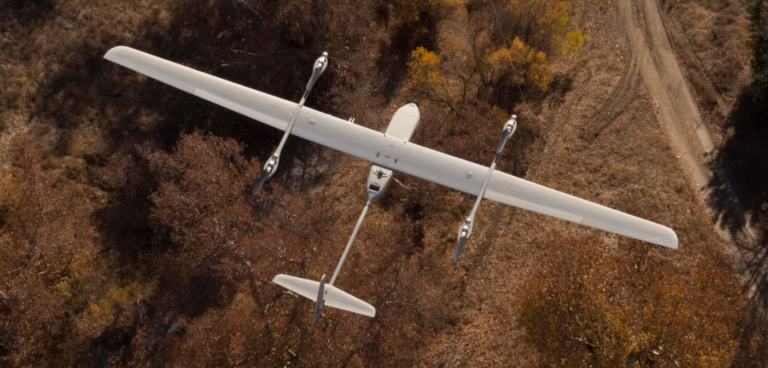The UK Ministry of Defence (MOD) has awarded Lockheed Martin UK a £129m contract to replace its existing mini uncrewed aerial systems (MUAS) with the 159 rotary-wing Indago 4 devices and 105 fixed-wing Stalker VXE30 drones.
Lockheed Martin UK is a British subsidiary of the American aerospace and defence company Lockheed Martin.
These devices are designed to locate and identify targets at great distances from the operator and are set to be operational by the end of 2024.
The MOD reports that the MUAS weigh slightly more than 20kg and have 4.88m (16ft) wingspans. They were developed to operate almost silently and provide more than eight hours of imaging capability and coverage of around 60 miles.
What’s more, the packable drone, Indago 4, weighs only 2.27 kilograms and can be folded and carried in a soldier’s backpack for deployment within just two minutes. It has a reported range of approximately eight miles.
The mini drones are fitted with high-resolution camera systems to provide advanced imaging and surveillance, which will be used to identify people, objects, vehicles and weapons, during both day and night and across a variety of environments.
Alex Chalk KC, minister for defence procurement, said: “As the global threat changes, it’s crucial we remain at the forefront of innovation, delivering cutting edge capabilities to our deployed forces.
“This is another fantastic example of British industry supporting UK defence technology.
“With proven effectiveness in this technology, Lockheed Martin UK will be the Systems Integrator for the duration of the 10-year contract, working with numerous small and medium Enterprises as well as larger UAV manufacturers to iteratively develop the capability through life.
“This will ensure operational advantage is maintained by UK armed forces by upgrading the drones, keeping pace with technological changes and emerging threats when required.
“Already used by the US military, the drones are designed to provide small military formations with immediate ISTAR (intelligence, surveillance, target acquisition and reconnaissance) capability – an increasingly vital component of modern battle spaces.”
Procurement of the mini drones aligns with the Integrated Review, titled Global Britain in a Competitive Age, which was published in 2016 by the British government and sought to examine national foreign, defence, security and international development policies.
Specifically, the mini drones underpin a commitment made by the British Army to delivering the ‘future solider’ by building an armed forces capable of tackling emerging threats and future challenges on the battlefield.









